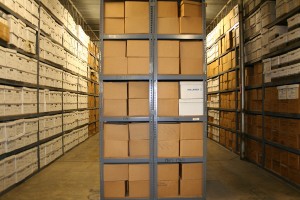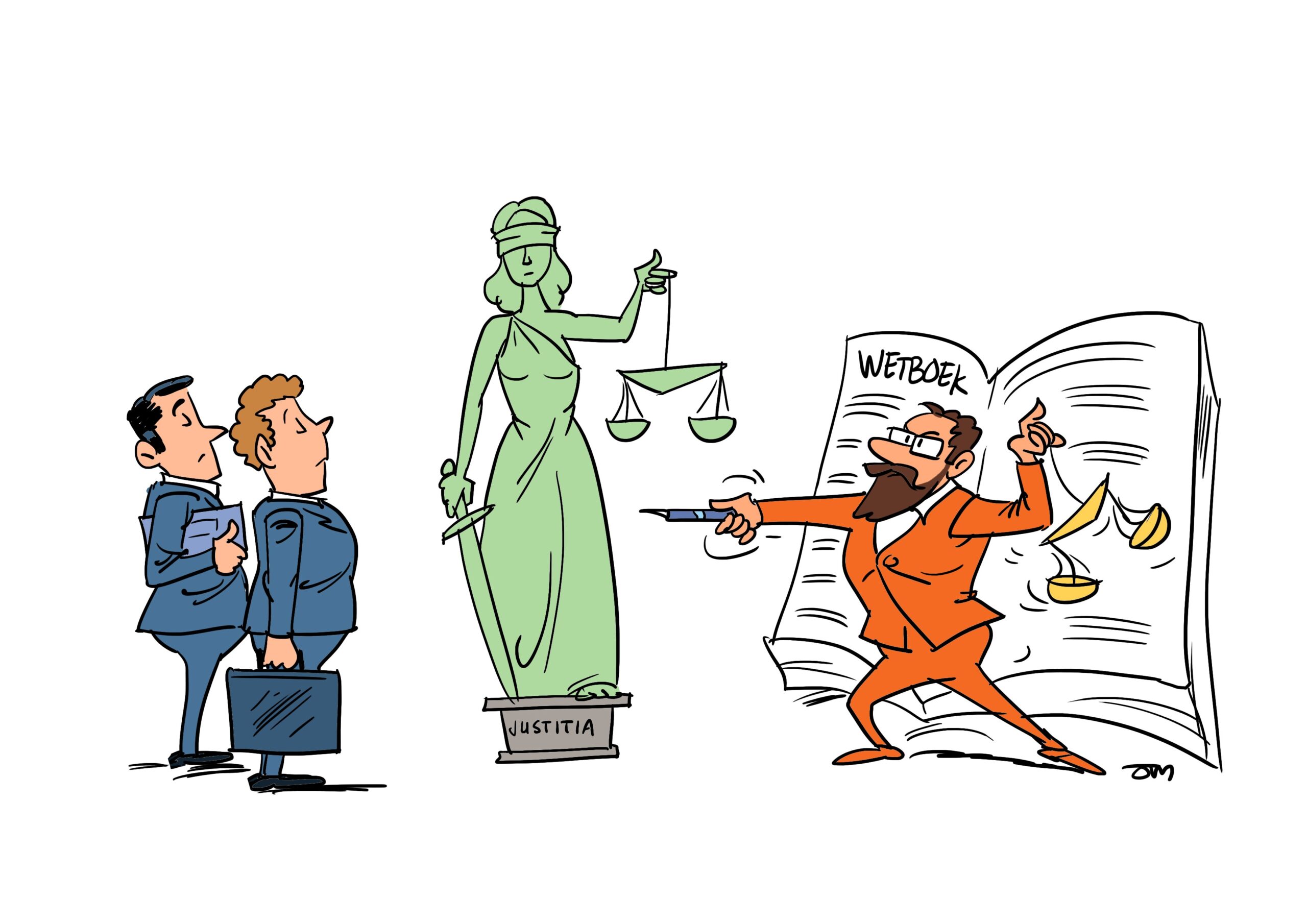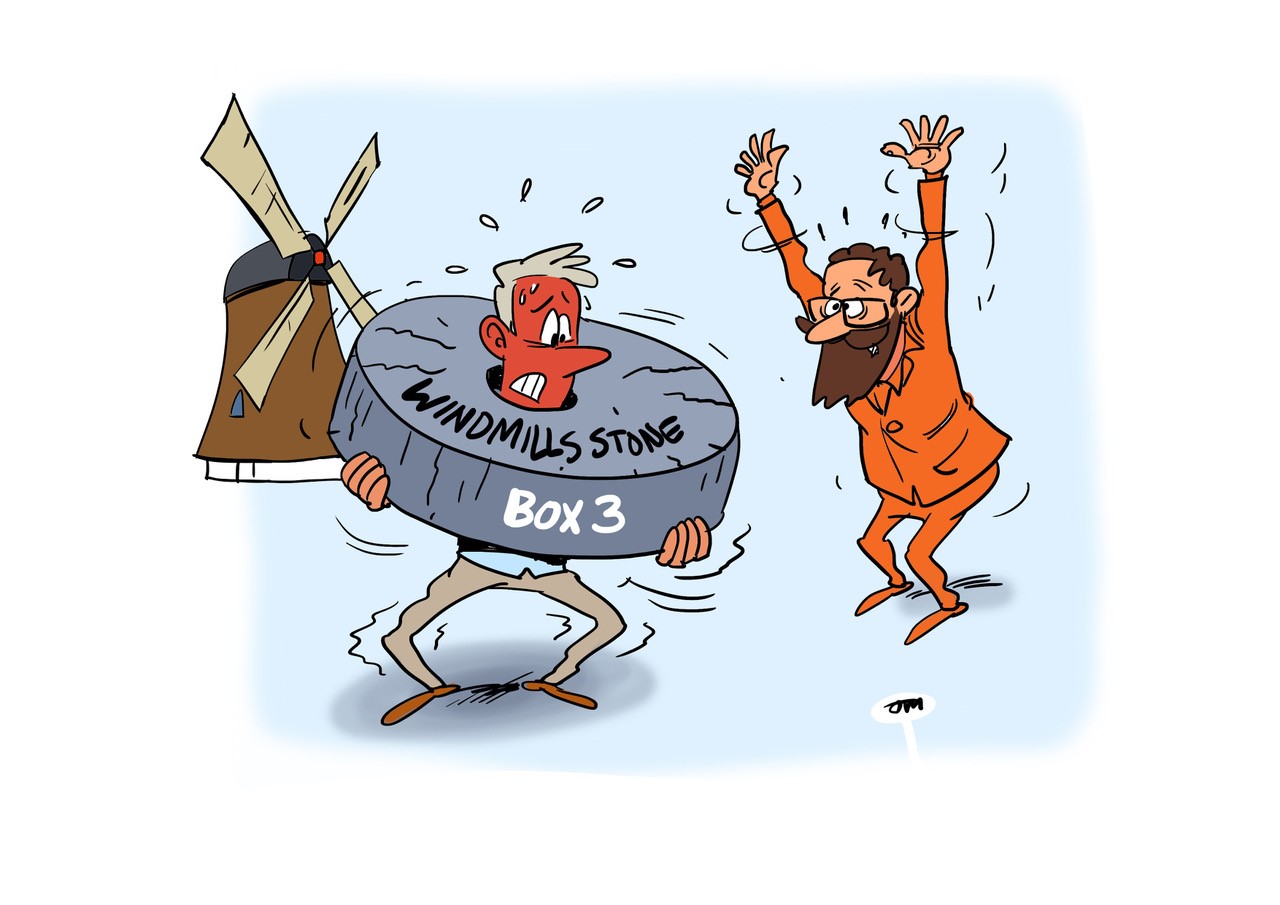In the Netherlands you are required to keep your records on file for at least 7 years. This requirement is set by the Dutch tax office. Does that imply you should delete what you have or throw away the bookkeeping of the period before?
That depends. If you have foreign assets, or if you have had foreign assets during the past 12 years, we recommend to keep the files. The period of 7 years is automatically increased to 12 years incase of foreign assets, foreign sources of income. The logic is clear, it takes the Dutch tax office longer to become aware of foreign assets/income and it takes longer to process such investigation.
The conclusion you could draw is that when you have no foreign assets and you have not had any, you can delete your records related to the period before the past seven years.
New rules to be implemented
This conclusion might not be correct. On the agenda for 2015 is the implementation of new rules with respect the period of time you need to keep your records. The new rule implies that if the tax payer is at fault, deliberately, with filing of his or her income tax return. The period during which the tax office can demand the files to be shown extents from 7 years to 12 years.
Inheritance tax
Especially with inheritance tax it is key to keep your records always. If one of your parents die, then the other parent is paying for your legal portion of the inheritance the inheritance tax. Even though you get nothing. The moment this other parent dies, then inheritance tax is due, but not again over the part that was already paid previously. The Dutch tax office does not keep record of this and especially if the time between the two deceased increases, it is likely you pay inheritance tax twice over one time the amount.
Orange Tax Services..
..recommends to keep a digital file of all your tax returns filed. It does not take up too much space on your harddrive and it can be convenient in case you are presented with a tax assessment to be paid over past years where you are certain those are not correct. And if you are requested by the Dutch tax office to present details of the period before the seven years even though there is no ground for this request, you simply do not comply, as you are not obliged.




